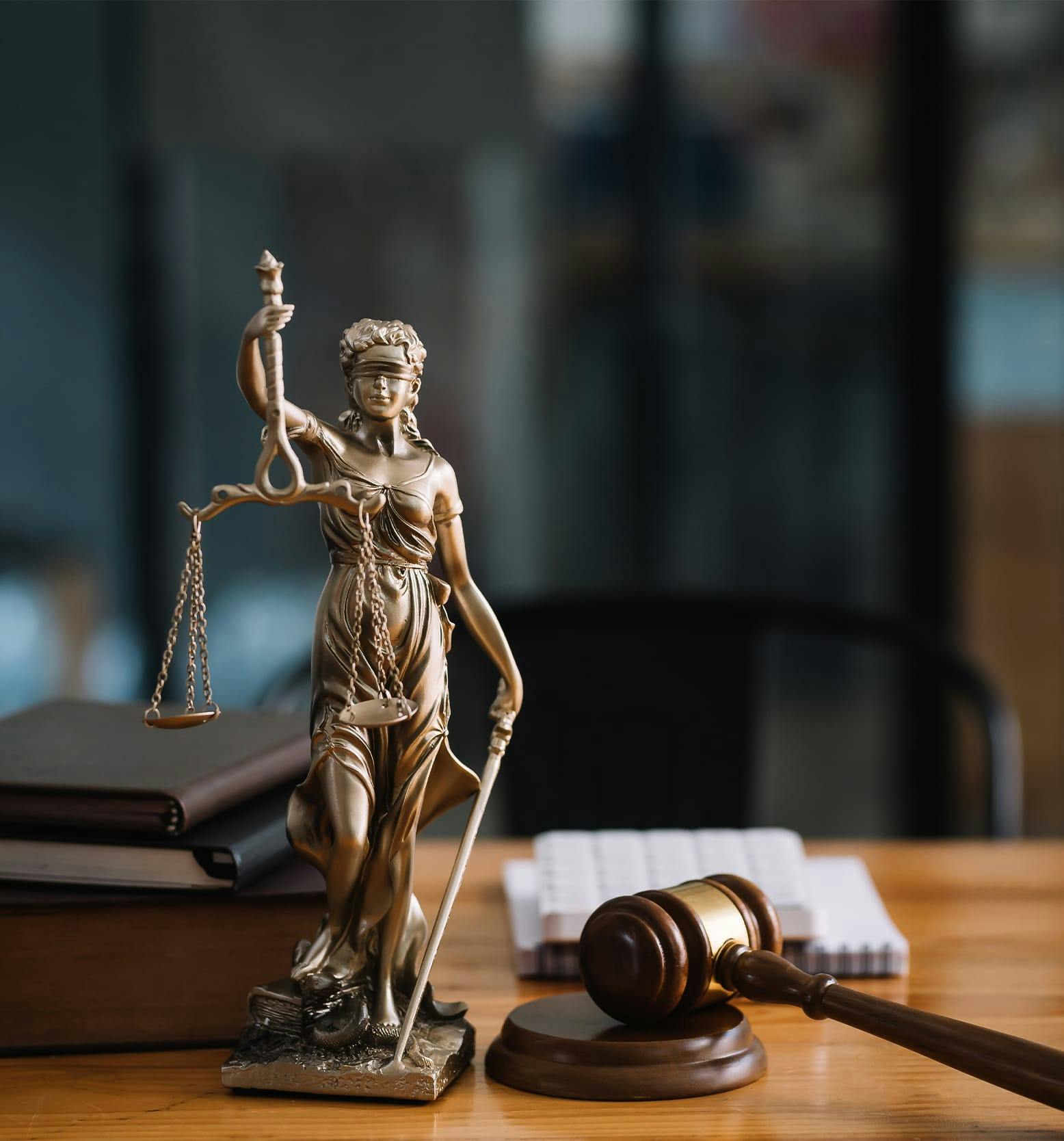Divorce can be overwhelming for women facing family challenges. Each mediation lawyer in Jacksonville at Florida Women's Law Group stands out with their dedicated focus on providing a compassionate and effective path toward conflict resolution.
The Role of the Mediator
The mediator plays a crucial role in the mediation process in Jacksonville. They serve as a neutral third party, facilitating communication between the disputing parties. Their primary responsibility is to ensure the dialogue remains constructive and focused on finding acceptable solutions.







